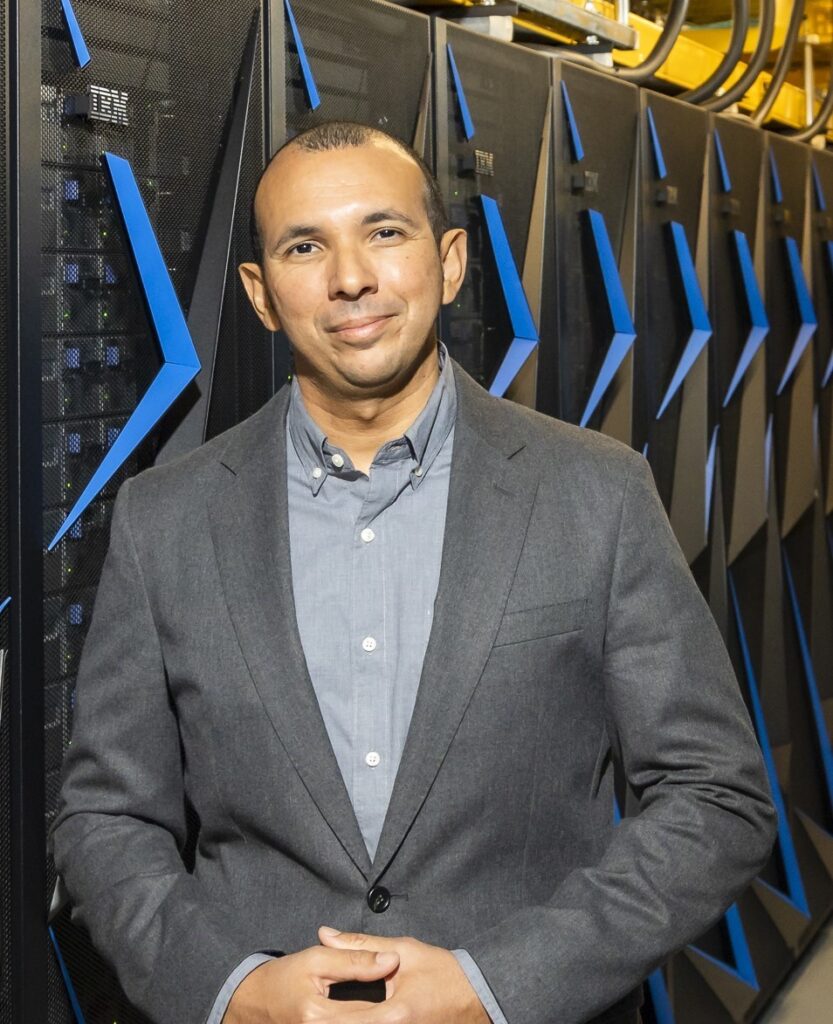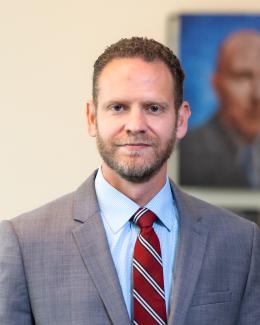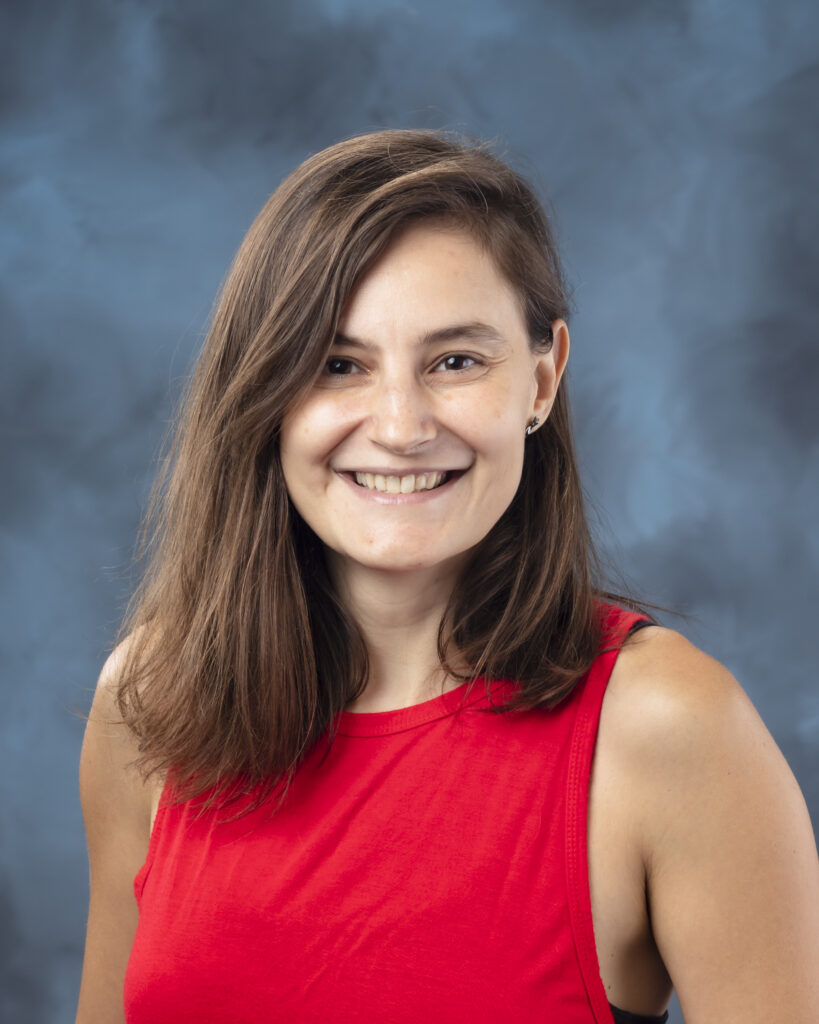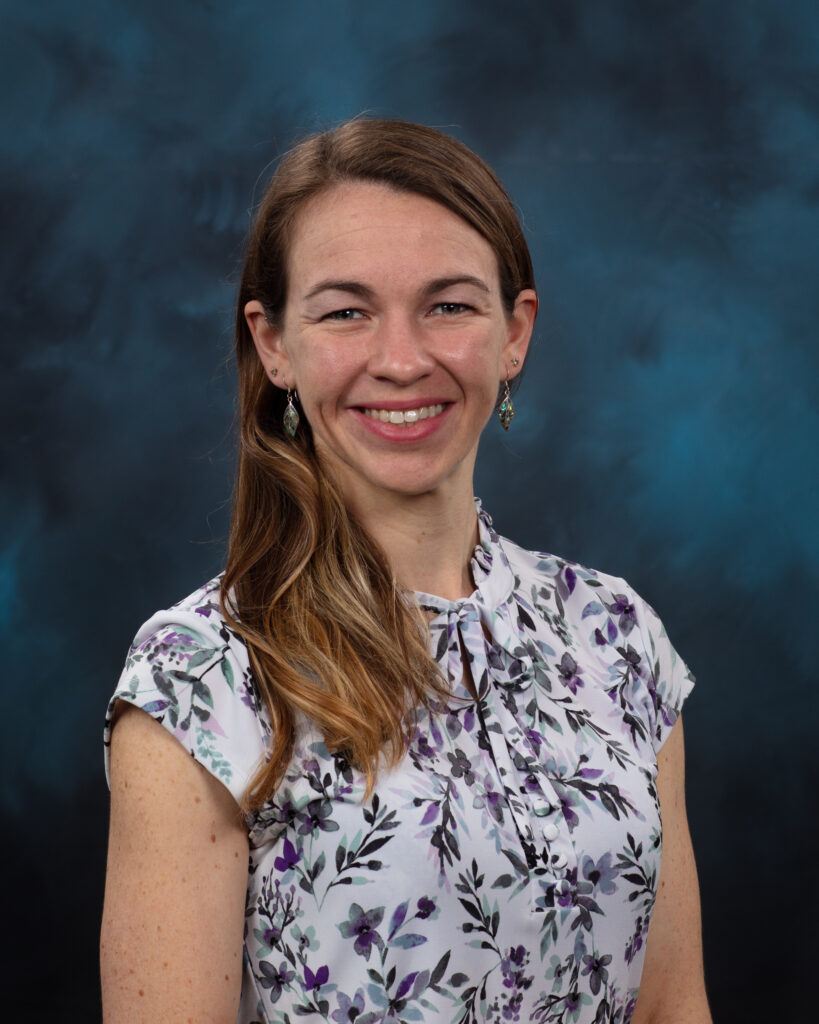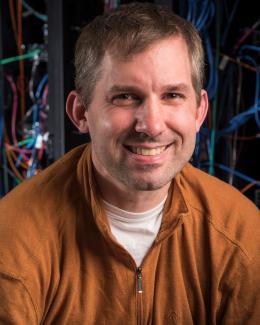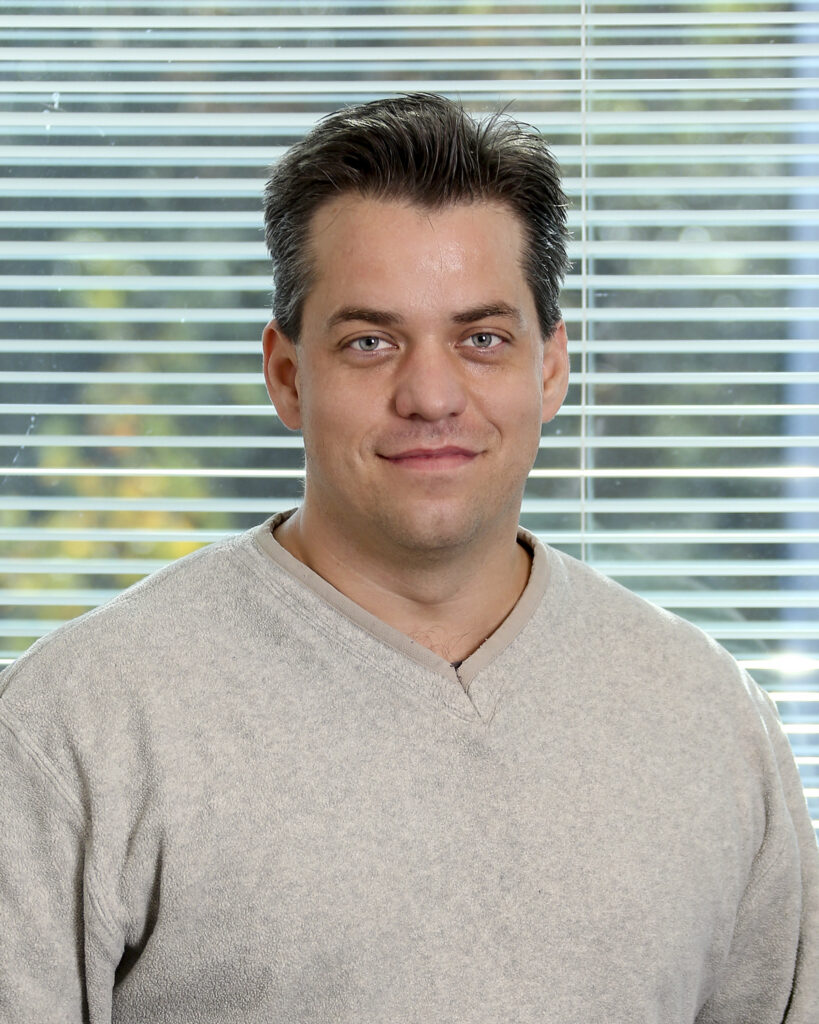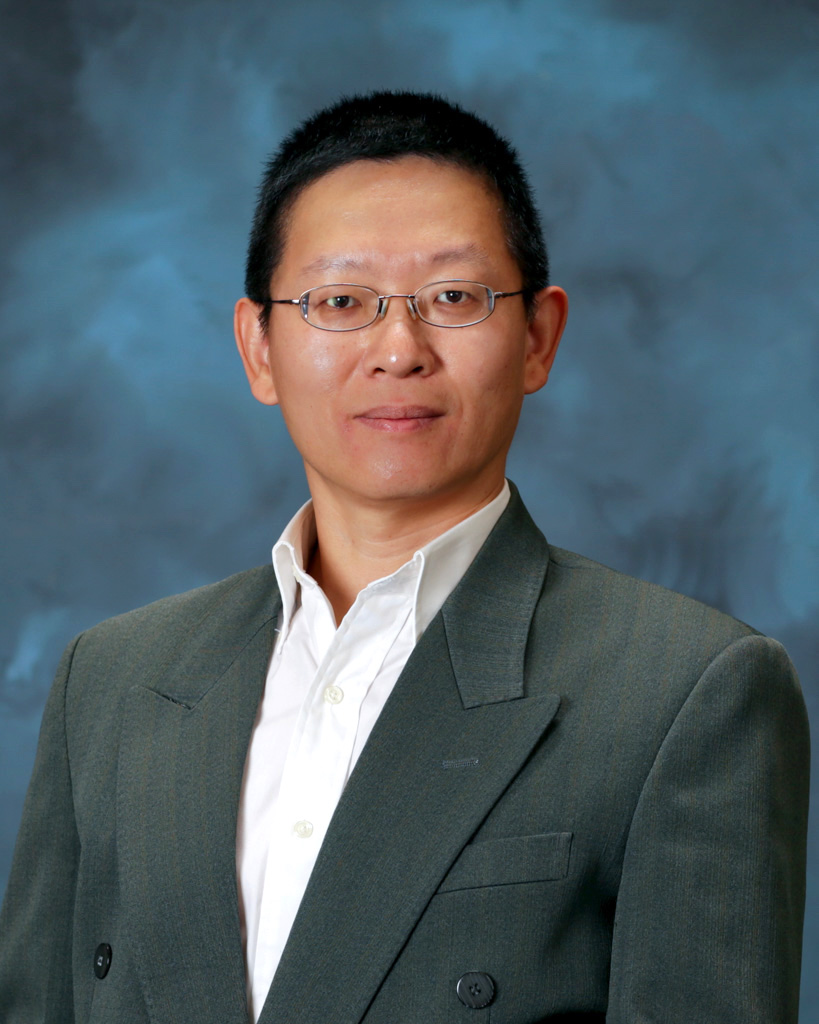
Session Descriptions and Chairs
Session I: Autonomous Laboratories of the Future
The “Autonomous Labs of the Future” session explores the transformative potential of AI-driven autonomous laboratories to revolutionize scientific discovery by accelerating research timelines from decades to months. Participants will discuss critical challenges and opportunities in developing interconnected autonomous systems, including cross-institutional equipment integration, intelligent data management, hybrid AI decision-making frameworks that combine machine learning with fundamental scientific principles, and standardized communication protocols that enable seamless collaboration between heterogeneous laboratory environments. The session will also highlight breakthrough applications.
Session II: Scientific Discovery with Scalable HPC and AI Applications
This session explores the convergence of high-performance computing (HPC) and artificial intelligence (AI) to accelerate scientific discovery across disciplines. AI is being applied to challenging problems from biology and materials to physics and imaging, enabling new insight from complex experimental and simulation data. In these applications, scalable algorithms like as reinforcement learning, diffusion models, and large language models are being adapted for scientific contexts. More efficient methods are also required to leverage leadership-class HPC systems to train and deploy these models at scale.
Session III: Advanced Computing for Energy Security
As our energy landscape enters a new era of complexity, decentralization, and digital convergence, advanced computing stands at the forefront of securing our energy future. This session will bring together leading experts from national laboratories, academia, government agencies, and industry to explore how next-generation computational capabilities—spanning AI, high-performance computing, and digital twin technologies—are redefining what is possible in energy security. From anticipating grid disruptions and neutralizing cyber-physical threats to enabling intelligent, real-time decisions across resilient, adaptive energy networks, this session will illuminate the transformative power of advanced computing in building a safer, smarter, and more secure energy future.
Topics will span high-performance computing (HPC), artificial intelligence and machine learning (AI/ML), digital twins, physics-informed models, and edge-cloud architectures applied to scenarios such as: – Grid disruption modeling and recovery optimization – Cybersecurity threat detection and autonomous response in critical infrastructure – Energy storage modeling under extreme conditions – Simulations for next-gen nuclear and renewable systems integration – Computational frameworks for cross-border energy infrastructure security
The session will showcase how advanced computing is enabling situational awareness, anticipatory defense mechanisms, and operational efficiency across energy domains, with special focus on applications that safeguard national and global energy systems.
Session IV: Emerging Computational Methods and Algorithms for the Future of Computing
This session explores cutting-edge computational methods and algorithmic innovations that are driving the evolution of computing. As systems grow in complexity and scale, traditional approaches face limitations in scalability, adaptability, and energy consumption. This session will showcase the landscape of novel methods and energy-aware algorithms, e.g. mixed-precision, resource allocation, and hybrid architectures—to enable smarter, faster, and more sustainable computing. Emphasis will be placed on emerging strategies that improve scientific discovery via scalable performance and cost-efficient high-performance computing and AI-driven applications.
Session V: Quantum Computing and its Integration with High Performance Computing and Artificial Intelligence
Quantum computing (QC), high performance computing (HPC), and artificial intelligence (AI) have the potential to provide significant advancements to computing capabilities, which can have a profound impact in a number of fields. The integration of QC with HPC and/or AI is expected to bring further advancements. For example, QC is expected to provide efficient accelerators for HPC operations and has the potential to lead to enhancements of AI’s capabilities. On the other hand, HPC can benefit QC applications such as quantum chemistry and optimization, while AI can benefit QC through enabling more robust and efficient quantum computers. In this session, we will explore the interface between QC, HPC, and AI from multiple perspectives, including industry, national laboratories, and academia. The focus of the session will encompass not only the current state of the art, but also the potential roadblocks and strategies for realizing a long-term vision for the integration of these technologies
Session VI: Post-Exascale HPC Technologies: Navigating Stalled Scaling and AI Disruption
Steady performance gains through transistor scaling have stalled, and HPC faces a fundamental inflection point. Meanwhile, AI is disrupting everything from microlithography to continental power grids, and its relationship with HPC remains uncertain and multifaceted. Will we continue to see a divergence, where specialized AI chips and architectures pull resources and talent away from traditional HPC, creating competing ecosystems with different optimization targets? This session brings together leading industry experts to explore the critical questions: what are the technological realities that HPC must navigate to continue to drive the future of scientific discovery, and how must HPC architectures evolve in order to adapt to the changing technological and economic landscape?
Featured Session I: Advancements in Collaborative and Federated Learning
The future of scientific discovery lies in the ability to extract insights from vast, distributed, and often sensitive datasets. Traditional scientific workflows have relied on centralized data aggregation and monolithic AI training pipelines. However, the increasing volume, sensitivity, and distribution of scientific data—from large experimental scattering instruments to satellite sensors to genomic repositories—has created technical, logistical, and ethical barriers to centralization. These challenges are magnified in DOE’s dual mandate: to accelerate open, collaborative science while safeguarding critical infrastructure, classified data, and national security assets. This session will focus on advancements in collaborative and federated learning of scientific data.
Featured Session II: Energy Security Panel Discussion
This session brings together leaders from government, industry, and national labs to discuss today’s energy security challenges, from supply chains to cyber threats and the role of advanced computing technologies in strengthening critical infrastructure and preparing for future disruptions.

Mason Rice, ORNL
Panel Moderator
Conference Contact
